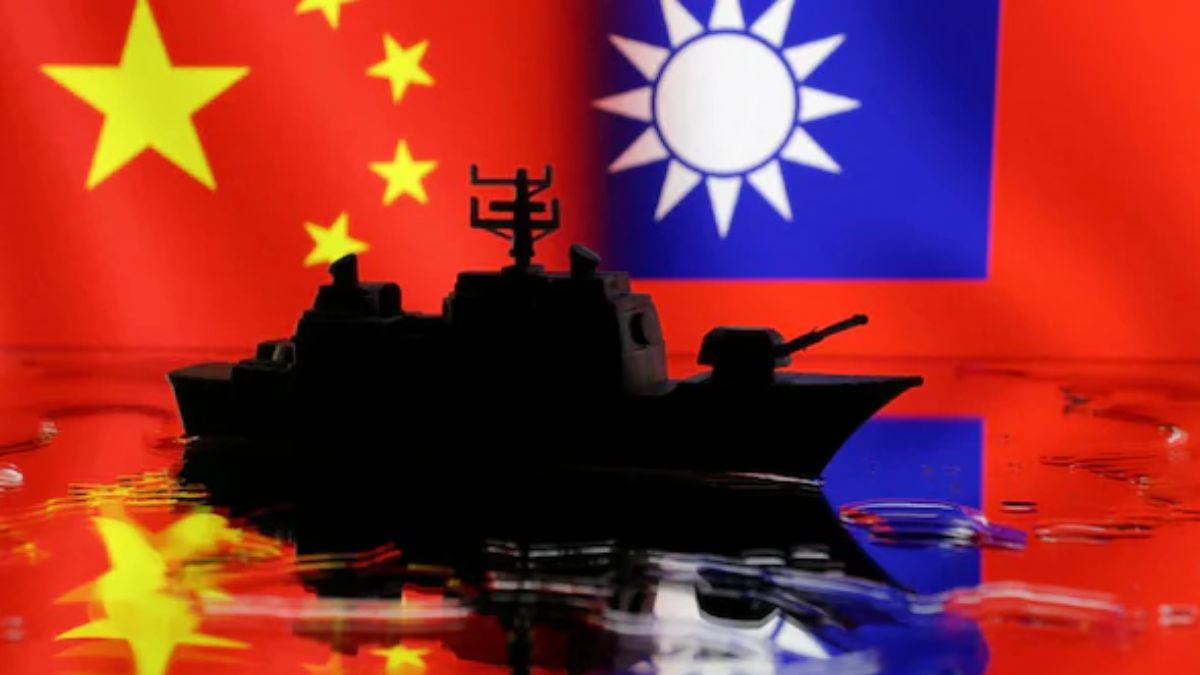Taiwan’s government will raise its defence spending to more than three per cent of GDP in 2026, Premier Cho Jung-tai announced on Thursday, marking a significant boost as the island faces mounting pressure from both China and its US ally to step up investment in its own security.
Cho said the proposed increase was “another concrete demonstration to the world and the people of Taiwan of our resolve and ability to safeguard national sovereignty and security.” The new budget must still be approved by the opposition-controlled legislature before taking effect.
NATO-style accounting and a 22.9 per cent rise
Budget documents show the cabinet has allocated US$31.1 billion for defence next year, amounting to 3.32 per cent of GDP, up 22.9 per cent on 2025. The figure includes NT$135.9 billion in spending on the Coast Guard Administration and military retirement benefits, both of which were excluded from last year’s calculation.
Cho initially gave a figure of 3.23 per cent during his press conference, but officials later confirmed the correct number was slightly higher. “Our total defence budget is calculated using Nato’s model and standards,” Cho said.
Overall government expenditure for 2026 is set at just over NT$3 trillion, an increase of 3.8 percent from 2025.
Military analyst Chieh Chung, from the Association of Strategic Foresight, said that if the coast guard and pension spending were removed, the core defence budget would represent 2.84 percent of GDP. “As for Washington’s reaction, I think it will welcome Taiwan’s move to increase its defence budget, but it is still far from what they would be satisfied with,” he said.
Politics and pressure from Washington
President Lai Ching-te has previously pledged to raise defence spending above three percent of GDP, aligning with calls from Washington for allies and partners to do more to bolster their own security.
The announcement comes as Taipei seeks to secure a tariff reduction deal with US President Donald Trump’s administration. Earlier this month, Trump imposed a temporary 20 percent tariff on Taiwanese goods, part of his broader trade war strategy. Negotiations are continuing.
Impact Shorts
More ShortsThe China-friendly Kuomintang (KMT), which dominates Taiwan’s legislature with support from the Taiwan People’s Party, cut parts of the 2025 budget and froze certain defence allocations. Chieh said a KMT-backed increase to military personnel benefits was absent from the 2026 plan, which could cause friction during budget debates.
Chance Hsu, the KMT’s assistant director of international affairs, said the party supports higher defence spending but emphasised that the focus should be on addressing manpower shortages, building asymmetric warfare capabilities and modernising training.
Facing a powerful neighbour
Taiwan has invested heavily in domestic defence production and weapons upgrades over the past decade, but remains heavily reliant on US arms sales.
Despite the progress, the island would still be outgunned in any full-scale conflict with China, which claims Taiwan as part of its territory and has threatened to seize it by force.
)